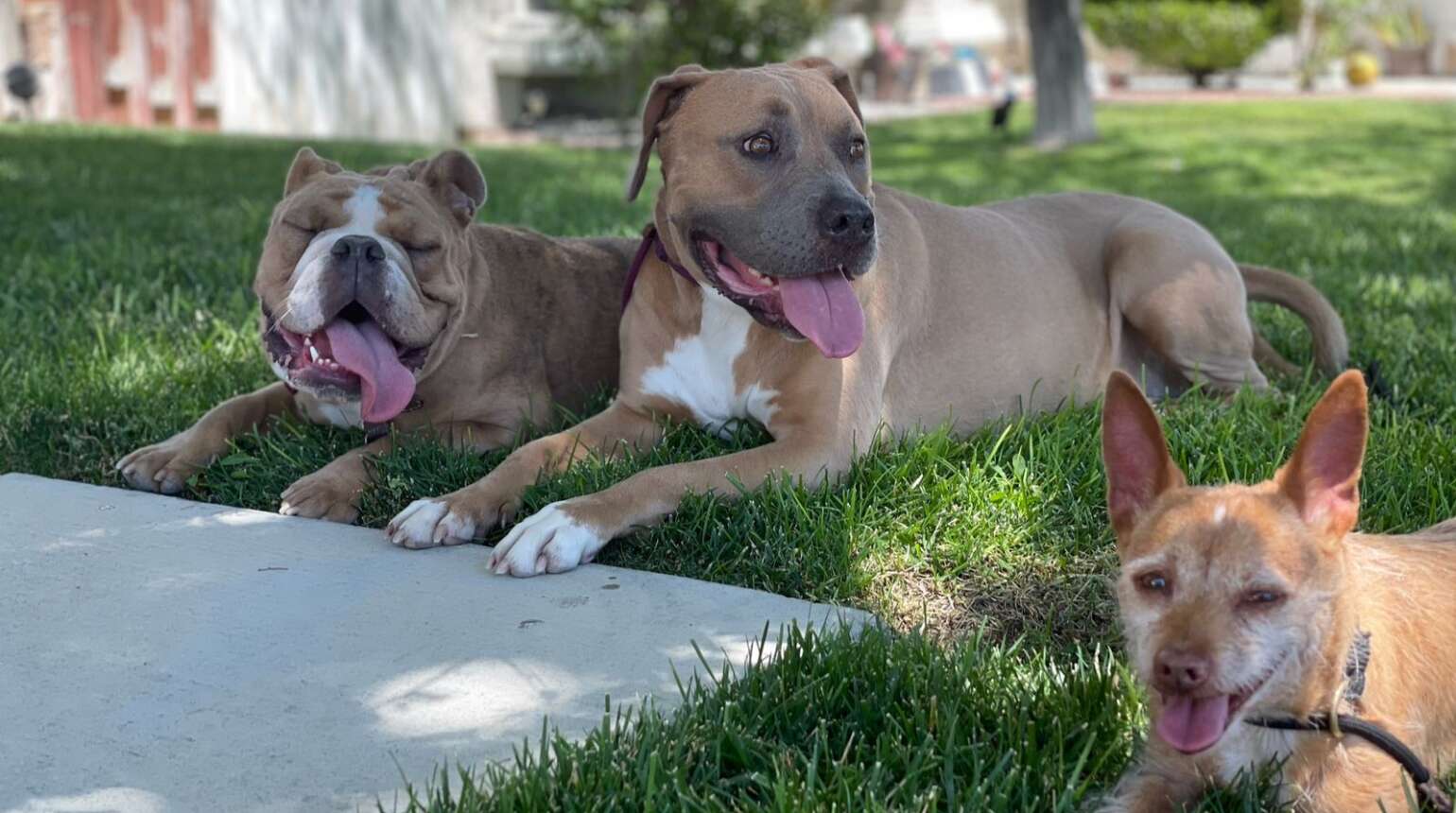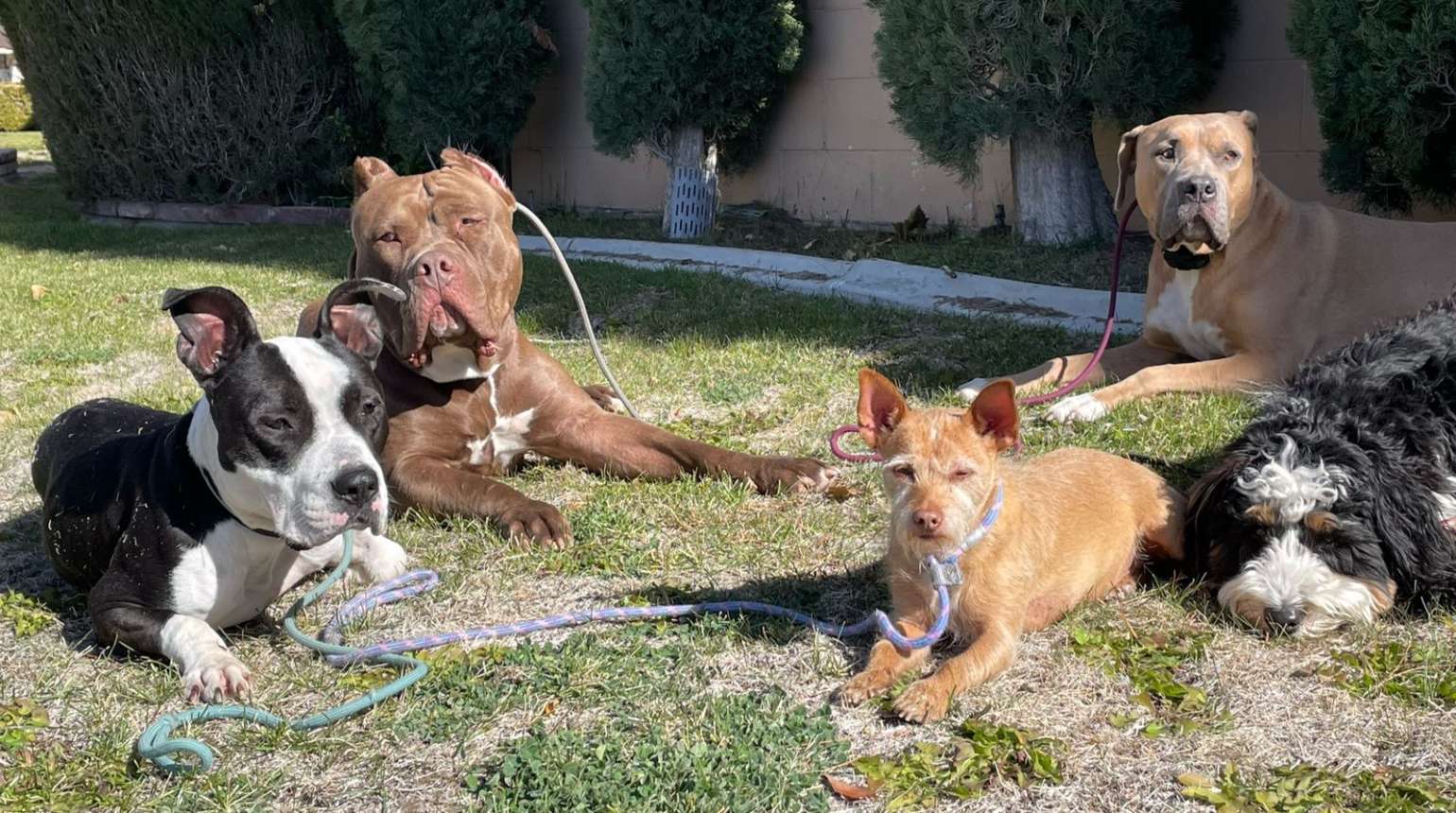Training for anything takes time. Training anyone takes time. The art of mastering anything, be it a great dish that one loves to make, be it learning an instrument or creating a work of art, it always, always takes time. To achieve a Masters degree in academia it takes a minimum of 18 months, and that is after the 4 years spent earning a Bachelors degree. Surprisingly enough, a lot of people balk at the idea of leaving a dog for 3 or 4 weeks in a board and train program. Forgetting how long out took us to not only learn but master new concepts. Yes, dogs are quicker to change behavior. Yes, dogs live in the moment and can switch their reaction extremely quickly – quicker than a human. However, is it fair to expect that a change in behavior on our dogs should be measured in a manner of weeks, while we allow ourselves months or years to change ours? Often times we confuse our love for what is best for our dog. In thinking about a shift in ways of behaving, we forget that we took a very long time to change or to become better at doing things that were not easy for us. Compassion is the name of the game when it comes to expectations. Understanding that 21 days are what it takes humans to create a new habit and 10,0000 hours of practice are what it takes for one to master something. Can one then really say that 21 or 28 days of learning is too long for a dog to become a more balanced member of a pack? Have we become so incredibly self centered that us missing ours pups is enough to override what is best for them? Ask yourself that question when booking a board and train or when you decide to hire a trainer for weekly sessions.
From a behaviorist perspective, I would say that the ideal length of a board and train will depend on the dog and owners. Dogs with a bite history will take longer, younger puppies will usually take less time. But four weeks are the ideal length of time to create new patterns of behavior in most dogs. Three weeks are the bare minimum. Think about it, 21 days to teach a being that doesn’t speak our language, how to better behave. Twenty one days to create new pathways on order for the mind to be at ease. To not be stuck in a flight or fight state. Or frozen in avoidance. 21 days to reach a calmer and more relaxed state of mind. Is that really such a long time?

I recently had a client say that the family couldn’t possibly be without their dog for four weeks. It was impossible. When I said that their dog would really benefit from it, the response was “does it really make that much of difference, if the dog stays three weeks instead of four?” To the dog yes, it makes a huge difference. It is the difference between uncertainty and relaxation. Between living in a state of unsureness and one of placidness. Behaviors that are tentative become cemented. The status quo shifts. Flipping the script and asking the same question of the owners, what would the answer be? How much of a difference does it make in your life if your dog is away 28 days instead of 21? Can one really come up with an answer that is as defining as it is for the dog? When we measure how much we love our dogs, shouldn’t the possibility of them becoming more relaxed matter more than how much or how little we miss them?
Changing behaviors or creating new ones takes time. I often say that how a dog acts when I am around is of little consequence. I am a professional that is at the top of her game. Chances are your dog will behave with me. The important piece of any board and train program is how well the communication gap between dog and owner is bridged. I will always be the advocate for the dog. That, at the end of the day, is a huge part of my job. Weekly sessions are what it takes for the owner and the dog to start being in the same wave length. Commitment of all parties involved is what it takes to change the relationship and point it the right direction. Owner and dog working together to better understand each other, with me as the translator. That changing of behavior in both parties takes time. In humans, way more than in dogs. But believing that we will be able to grasp all the nuances of of dog psychology in three weeks is, at best, delusional, at worst selfish.

So ask yourself, what would you be willing to forgo in order for your dog to find balance? How do you measure your love for your dog? Is it in the best quality food you buy them, or maybe the amount of kisses and hugs you give them everyday. Or is it by helping them to become the best of versions of themselves? How do I measure my love for dogs? By understanding that they are beings independent of me. That they are born and live in this earth as full formed creatures with their own set of needs. My job is simply to find what fulfills them and be consistent in teaching them what is important to me that they learn. If that takes 21 days, so be it. If it takes 28 or more days, then that is fine with me. Our commitment when owning a dog should be to enhance our existence together. If a board and train program suggests that a dog should stay a tad longer, than let’s all make a pledge to ourselves and our dogs that we will suffer missing them since it is a small price to pay in order for us to be better stewards of these incredible beings. That is love in my book.



